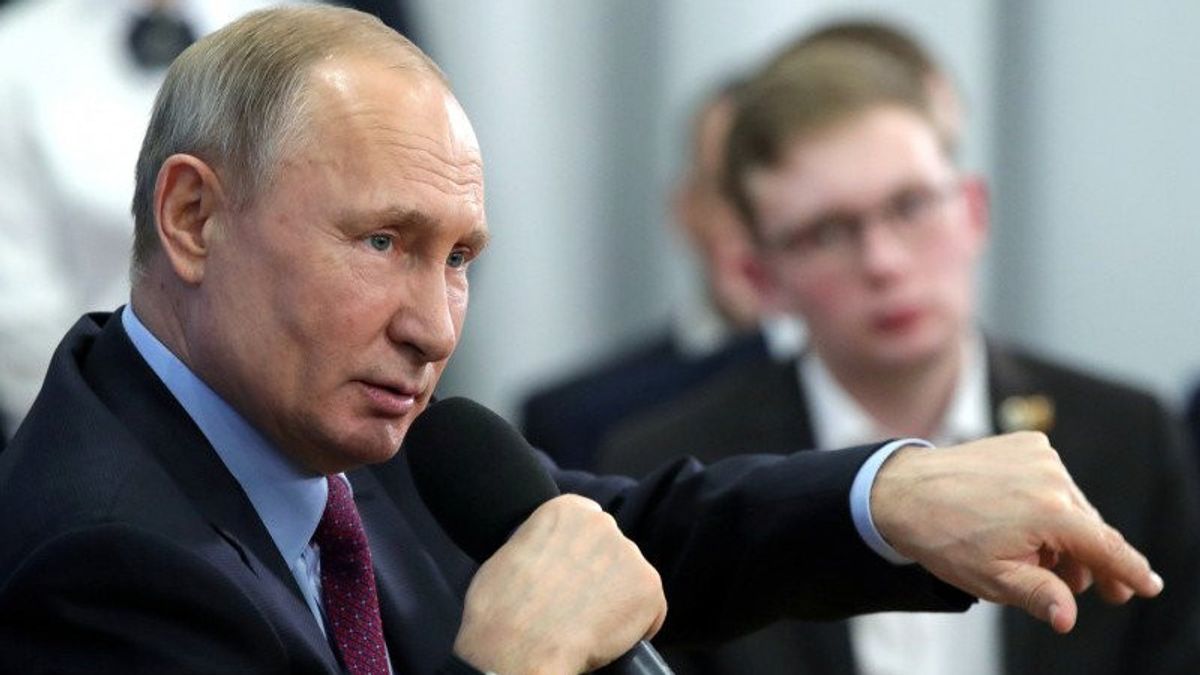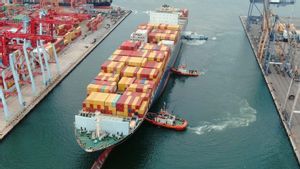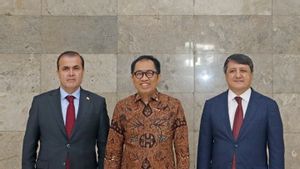JAKARTA - The war situation in Eastern Europe between Russia and Ukraine has certainly not only had a political impact in the region but has also spread to the economy and other strategic sectors.
Recently, the Central Statistics Agency (BPS) reported that Russia is considered to have a fairly central role in global economic activity. Head of BPS Margo Yuwono revealed that there are at least four important factors why Russia has a very good bargaining position in this matter.
First, Russia is the second-largest crude oil exporter in the world. Two, Russia is the world's seventh LNG exporter. Third, Russia is the third-largest coal exporting country in the world.
“What Russia has can increase the risk of a decline in energy exports for Caucasian and Central Asian countries. They can also create disruptions to natural gas supply chains in Europe which could increase fiscal pressure from additional spending on energy security and defense budgets," he said via online channel on Monday, April 18.
Margo added, the fourth factor is Russia, which is listed as the number one wheat exporter in the world.
"Sub-Saharan Africa is estimated to be affected by the worrying price of wheat because it is a region that imports wheat for about 85 percent of Russia's and Ukraine's supply," he said.
SEE ALSO:
"In addition, this situation has the potential to increase social tensions in several Middle Eastern and North African countries, given these countries have weak social safety nets," he continued.
Furthermore, the BPS assesses that Russia has contributed to the high increase in commodity prices in the western hemisphere.
"This could accelerate inflation significantly for Latin America and the Caribbean, which already face an average annual inflation rate of 8 percent in the five largest economies: Brazil, Mexico, Chile, Colombia, and Peru," he stressed.
Meanwhile, for Indonesia and many Asia Pacific countries in general, the impact of Russia is likely to be limited, given that economic relations are not very close. However, slower growth in Europe and the global economy will have a major impact on exporters in the region.
"The biggest effect on the current account will be felt by importers of crude oil such as ASEAN, India, and countries in border areas," said Margo.
The English, Chinese, Japanese, Arabic, and French versions are automatically generated by the AI. So there may still be inaccuracies in translating, please always see Indonesian as our main language. (system supported by DigitalSiber.id)
















